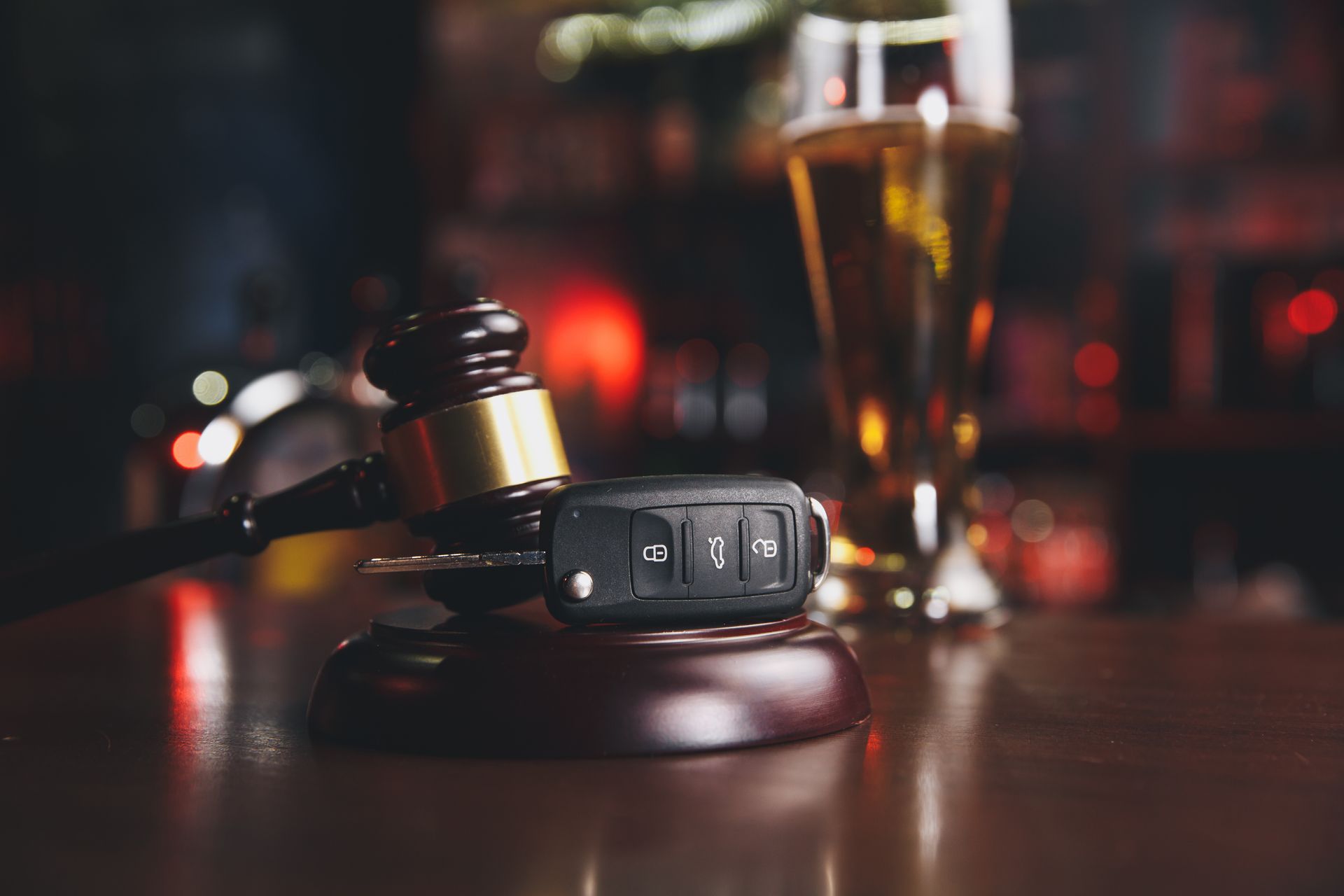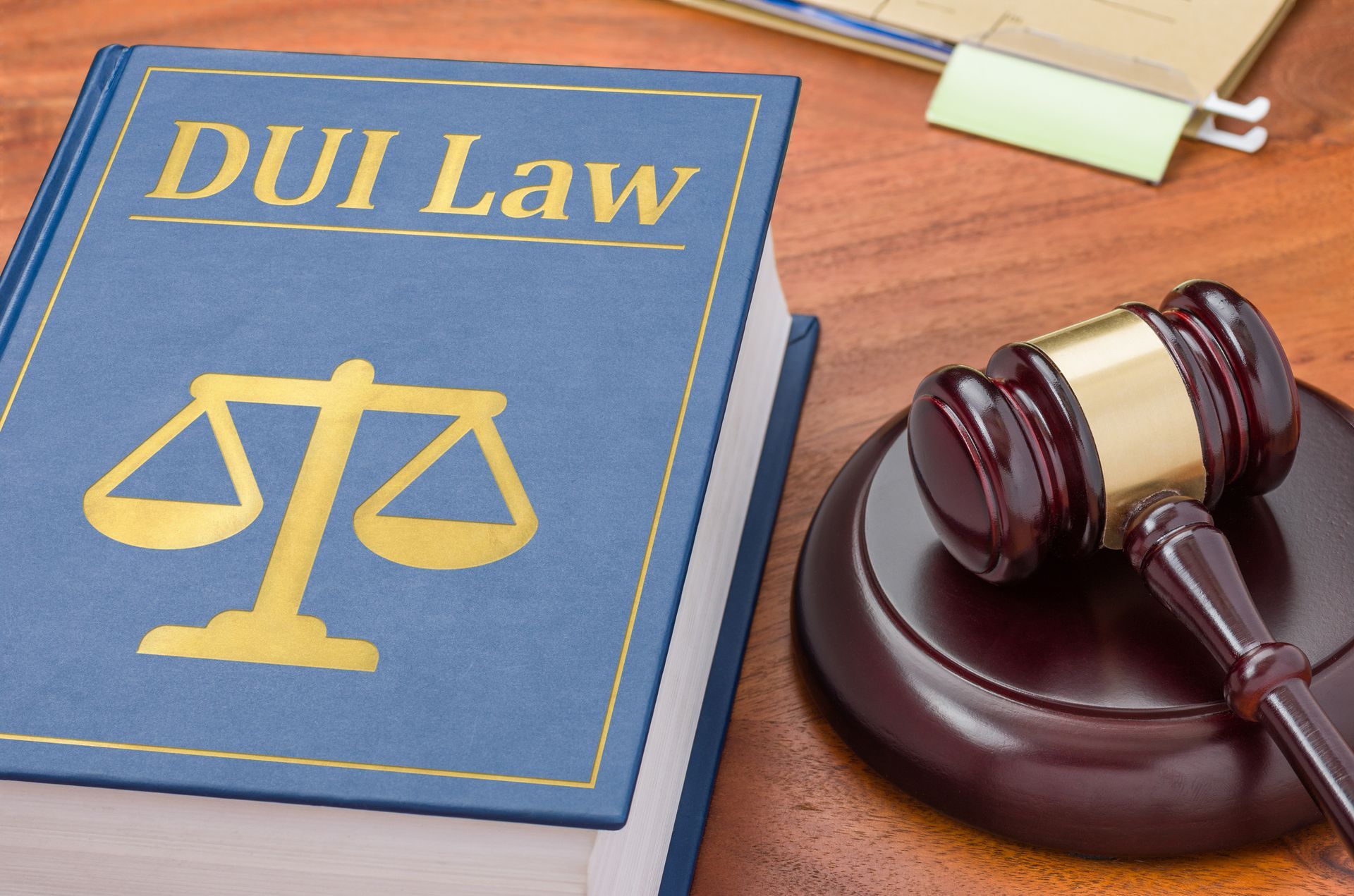Prescription pain medication is Schedule II and illegal to sell
People end up with prescriptions for strong narcotic painkillers for a number of reasons. Maybe you had to have surgery because of an ongoing medical issue. Perhaps you were sick with a condition that caused extreme pain. It’s also possible that you broke a bone or suffered some other traumatic injury.
Regardless of why you have the medication, it is important to understand that while you do own it, you do not have the right to sell it or give it away to anyone else. If you no longer need your medication, you should take advantage of programs to safely dispose of them. Giving them or selling them to someone else is a violation of the law that could end up causing major issues.
Opioid and opiate painkillers are schedule 2 narcotics
Under both federal law and Tennessee state law, opioid and opiate painkillers are schedule 2 narcotic medications. While there is a medical use for these drugs, and while they can be administered safely, there is also serious risk for addiction or misuse of the medication.
Because your painkillers are a controlled substance, it is only legal to use them and possess them in accordance with the instructions from your physician. Even taking them in a different manner, such as insufflation, could mean breaking the law.
If you know someone who has chronic pain issues, you may think that he or she could benefit from your medication. After all, you already paid for it. That act of compassion could actually mean jail time for you.
The opioid crisis has led to harsh penalties for people who give or sell pain pills
Deaths and hospitalizations related to opiates, opioids and heroin have been rising for years. They have reached a point where local, state, and federal health authorities, as well as law enforcement, have taken vocal and public stances on these medications.
States hope to deter illegal sales of prescription medication by attaching harsh penalties to offenses related to giving or selling medication without a prescription. Those penalties typically include potential jail time and steep fees and fines.
Many factors influence drug-related criminal charges
The weight of the medication that you sold, gave away or attempted to give will impact the sentence you receive. So will the behavior of the person who received the medication. If that person harmed someone else or fatally overdosed, you could face additional charges or increased penalties.
The best option in this scenario is to avoid the risk by safely disposing of any unused medication. For those who may have pending criminal charges related to prescription painkillers, a careful analysis of the situation and an understanding of your options are your most valuable assets moving forward.
The post Prescription pain medication is Schedule II and illegal to sell appeared first on Houston & Underwood PLLC.



























